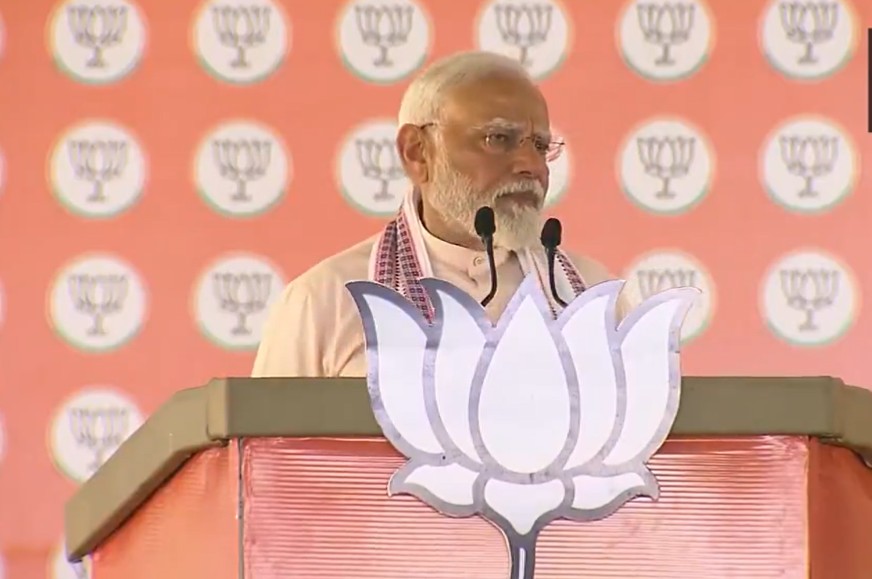Prime Minister Narendra Modi, addressing the Vijay Sankalp Rally in Morena, Madhya Pradesh, unveiled intriguing insights into the repeal of the Inheritance Tax, shedding light on its historical significance and political ramifications.
In his address, Modi shared eye-opening facts about the Inheritance Tax, recounting a significant moment during the tenure of former Prime Minister Indira Gandhi. He remarked, “The facts relating to Inheritance Tax are eye-opening…When former PM Indira Gandhi died, her children were going to inherit her property. However, under the prevailing law at the time, the government would levy taxes on a portion of the property before it could be passed on to the heirs.” Modi went on to explain how, to safeguard the family’s assets from such taxation, the then-Prime Minister Rajiv Gandhi took the decisive step of abolishing the Inheritance Tax law.
Modi’s revelations at the Vijay Sankalp Rally shed new light on a significant episode in India’s fiscal history, emphasizing the intricate interplay between politics and taxation policies.
The Prime Minister’s address serves as a platform for the BJP to disseminate information and rally support for its policies while critiquing the opposition.
Modi’s disclosure is anticipated to spark discussions and debates, particularly regarding the historical context and implications of the Inheritance Tax repeal. As citizens reflect on this newfound information, they will likely contemplate its relevance to contemporary fiscal policies and governance.
The Prime Minister’s speech not only educates the public but also underscores the BJP’s commitment to transparency and proactive decision-making in governance. With elections on the horizon, such insights into past policy decisions are poised to resonate with voters and shape their perceptions of political leadership.



